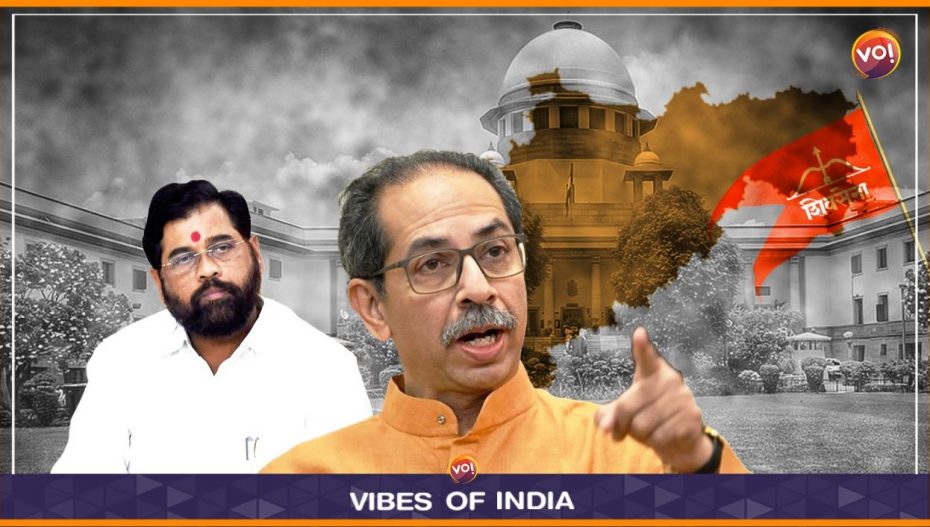The Supreme Court begins pronouncing the Judgement on Maharashtra’s political crisis. The Supreme Court says that ‘issues such as whether a notice to the removal of the Speaker will restrict the powers of the Speaker to issue disqualification notices need examination by a larger bench.’
The Court claims that a larger bench needs to be consulted regarding the 2016 Nabam Rebia case, which determined that the Speaker cannot begin disqualification proceedings, while a resolution to remove him is still pending.
The top Court rules that Article 212 cannot prohibit courts from examining the legality of the Speaker’s action in recognising the whip.
The Supreme Court says that the Governor lacked the necessary evidence to request a floor test in the Assembly, and that such a test cannot be used to settle disputes between or within parties.
The resolution that the government cited made no mention of MLAs wanting to withdraw their backing. Even, if it were assumed that the MLAs wanted to leave the government, they constituted only a faction.
Uddhav Thackeray submitted his resignation and did not face the floor test, the status quo cannot be restored. So, with the backing of the largest party, the BJP, the governor was justified in administering Eknath Shinde the oath, the top court remarked.
Eknath Shinde and 15 other MLAs rebelled against the then-chief minister Uddhav Thackeray in June of last year, but the Supreme Court ruled that they cannot be disqualified for their actions.
The court criticised the then-Maharashtra Governor Bhagat Singh Koshyari, saying he “erred” in determining that Uddhav Thackeray had lost the support of the majority of MLAs.
“If Shinde and his MLAs had been disqualified, he would have had to resign as Maharashtra Chief Minister and his government would be disbanded,” the bench said.
Also Read: City’s Pumping Stations Getting Away With Contract Violations













